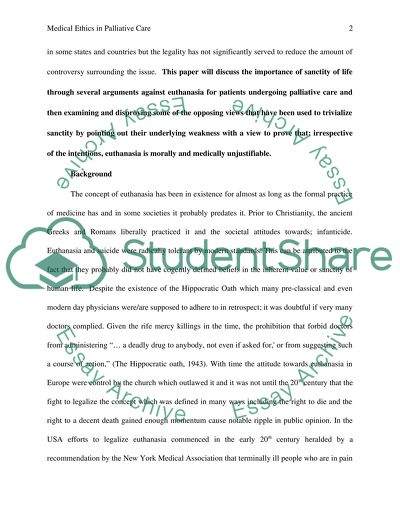Cite this document
(“Medical Ethics in Palliative Care Essay Example | Topics and Well Written Essays - 3750 words”, n.d.)
Retrieved from https://studentshare.org/health-sciences-medicine/1632414-medical-ethics-in-palliative-care
Retrieved from https://studentshare.org/health-sciences-medicine/1632414-medical-ethics-in-palliative-care
(Medical Ethics in Palliative Care Essay Example | Topics and Well Written Essays - 3750 Words)
https://studentshare.org/health-sciences-medicine/1632414-medical-ethics-in-palliative-care.
https://studentshare.org/health-sciences-medicine/1632414-medical-ethics-in-palliative-care.
“Medical Ethics in Palliative Care Essay Example | Topics and Well Written Essays - 3750 Words”, n.d. https://studentshare.org/health-sciences-medicine/1632414-medical-ethics-in-palliative-care.


